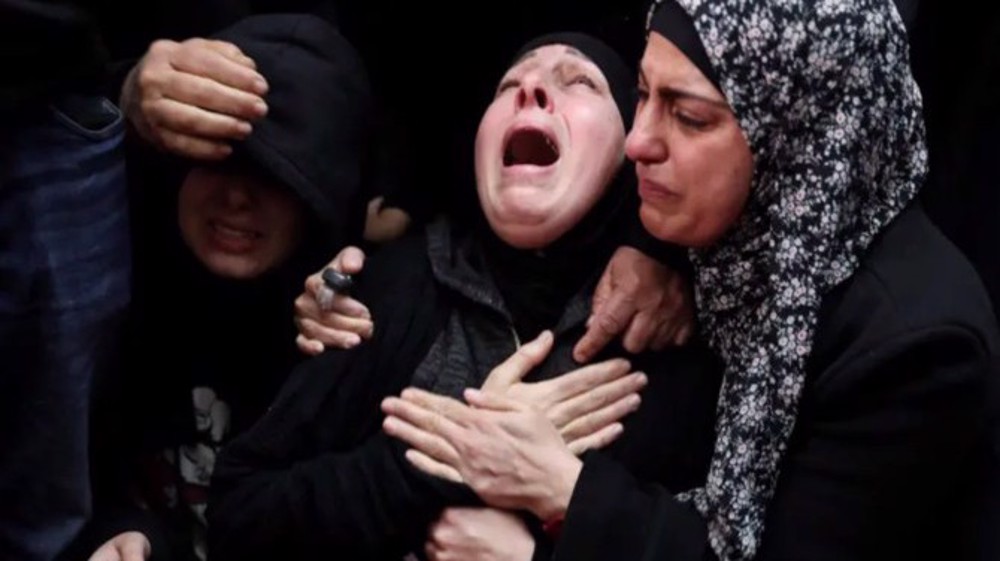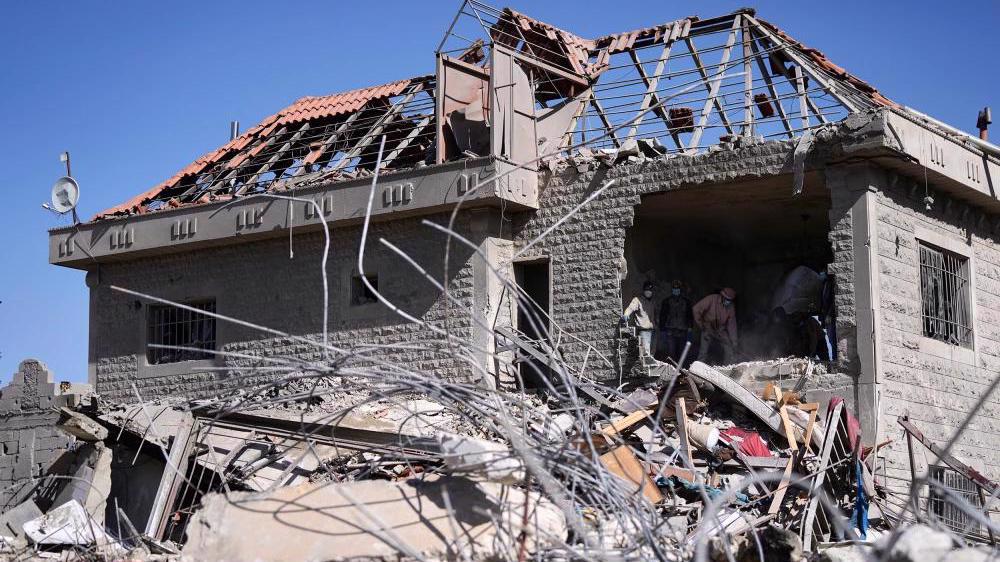Israel’s arms sales during Rwandan genocide to remain under wraps
Records documenting the Israeli regime’s arms exports to Rwanda during the 1994 genocide in the African country will remain sealed and concealed from the public, Israel's Supreme Court rules.
The verdict denied a request by attorney Eitay Mack and Professor Yair Auron. The pair had submitted a request to the Israeli ministry of military affairs in 2014, asking for the details of Israeli arms sales to Rwanda between 1990 and 1995.
The Supreme Court said despite the people’s right to know, there were pressing security and foreign relations concerns that prevented it from accepting the request.
“We found that under the circumstances, the disclosure of the information sought does not advance the public interest claimed by the appellants to the extent that it takes preference and precedence over the claims of harm to … security and international relations,” the court said.
The Rwandan genocide of 1994 lasted approximately 100 days and hence is called the “100 Days of Hell.” At least 800,000 people, overwhelmingly ethnic Tutsis, were killed at the hands of Hutu extremists.
In their request, Mack and Auron wrote, “According to various reports in Israel and abroad, the defense exports to Rwanda ostensibly violated international law, at least during the period of the weapons embargo imposed by the UN Security Council.”
Following the court’s ruling, Mack issued a statement, calling the decision “erroneous and immoral.”
“In our opinion, it is this continued concealment that harms … security and [Tel Aviv’s] international relations. We will continue to fight to expose the truth and bring to justice those Israelis who abetted the serious crimes committed in Rwanda,” Mack said.
VIDEO | Ramadan begins in France amid optimism, challenges
Hamas: Huckabee’s remarks expose ‘American bias towards Zionist domination, annexation’
‘We will not bow to pressure or coercion’: President Pezeshkian
Trump raises global tariffs to 15%, calls Supreme Court ruling ‘ridiculous’
IRGC Navy tests Sayyad-3G air defense missile in Strait of Hormuz
Iran labels EU naval, air forces as ‘terrorist’ in response to IRGC listing
ICE quietly buys warehouses for major detention expansion
Family of US citizen killed by Israeli settler demands end to impunity















 This makes it easy to access the Press TV website
This makes it easy to access the Press TV website